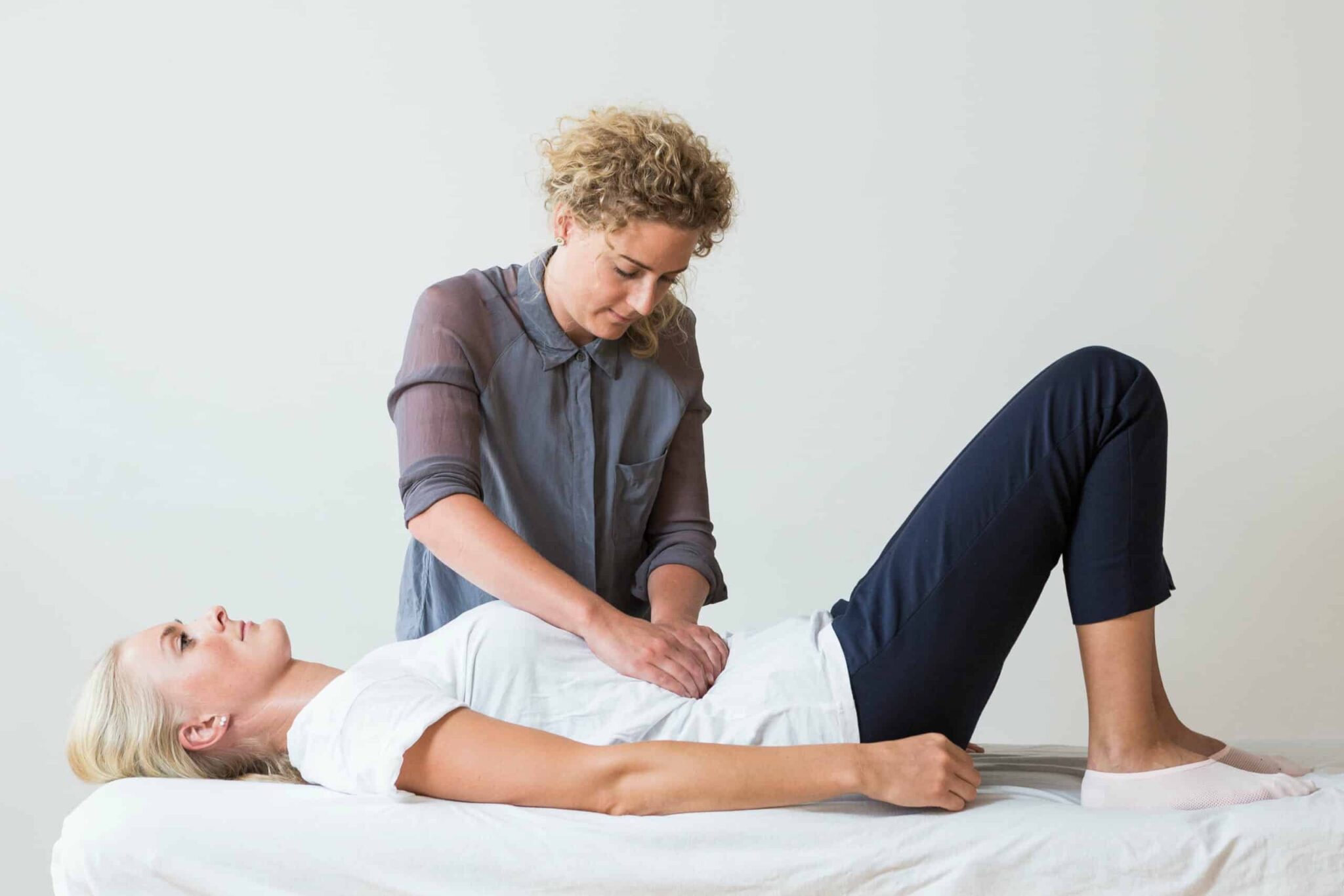What to do if you have menstrual cramps?
If you have period pain, you can try to relieve it by taking painkillers such as ibuprofen or paracetamol. You can also try placing a heating pad on your stomach, taking a warm bath or trying relaxation techniques such as meditation or yoga. If your pain is particularly severe or affects your daily life, you can contact your doctor for further advice and treatment.
Why do you get severe menstrual cramps?
Severe menstrual pain can be caused by various factors, including hormonal imbalances, hereditary factors, lifestyle habits (such as stress or lack of exercise), uterine problems (such as fibroids), or a condition such as endometriosis.
How bad can menstrual cramps be?
Menstrual cramps can feel like cramps in the stomach or back, and some women also experience a pressing or burning sensation in the lower abdomen. Although the pain can be intense and uncomfortable, it is usually not as severe as labor pains. The pain experience varies from woman to woman, but some women may experience pain so severe that it affects their daily life and activity level.
It’s important to remember that although menstrual pain can be intense, it is normal and rarely dangerous.
What are the symptoms of endometriosis?
Endometriosis is a condition in which tissue that normally lines the uterus grows outside the uterus. Symptoms include pain during menstruation, pain during sex, abdominal or back pain outside of menstruation, fatigue, and difficulty getting pregnant. If you suspect you have endometriosis, you should seek medical attention.
What is Dysmenorrhea?
Dysmenorrhea is the medical term for menstrual pain. There are two types of dysmenorrhea: primary dysmenorrhea, which is caused by uterine contractions, and secondary dysmenorrhea, which is caused by an underlying condition, such as endometriosis or fibroids.
Why do you get sick when you have your period?
Some women may experience a number of symptoms in addition to menstrual cramps when they have their period, such as nausea, vomiting, headaches, fatigue, or mood swings.
These symptoms are often due to hormonal changes in the body and may be normal, but if they affect your everyday life and quality of life, you can contact your doctor for advice and treatment.
What treatment is available for menstrual pain?
The choice of treatment depends on the cause and severity of the symptoms and can vary from person to person. Some of the treatment options are:
- Painkillers: Painkillers such as ibuprofen or paracetamol can help relieve menstrual pain. These medications work by reducing inflammation and blocking pain impulses in the body.
- Hormone therapy: Hormone therapy can be used to regulate hormone levels and reduce menstrual pain. Hormone therapy may include birth control pills, an intrauterine device, a hormone patch, or hormone injections.
- Surgery: If the pain is due to an underlying condition such as endometriosis or fibroids, surgery may be an option. Surgery may include removal of abnormal growths or a full or partial removal of the uterus.
- Physical therapy: Physical therapy can help strengthen the muscles in the pelvis and reduce pain and discomfort during menstruation.
- Lifestyle changes: Lifestyle changes such as exercise, stress reduction, and a healthy diet can also help reduce menstrual pain and improve overall health.
Osteopathy and menstrual pain
An osteopath can treat patients suffering from menstrual pain. The osteopath uses manual treatment techniques to treat problems in the pelvis, lower back and organ systems related to menstrual problems. The osteopath will also advise the patient regarding lifestyle, diet, etc.



